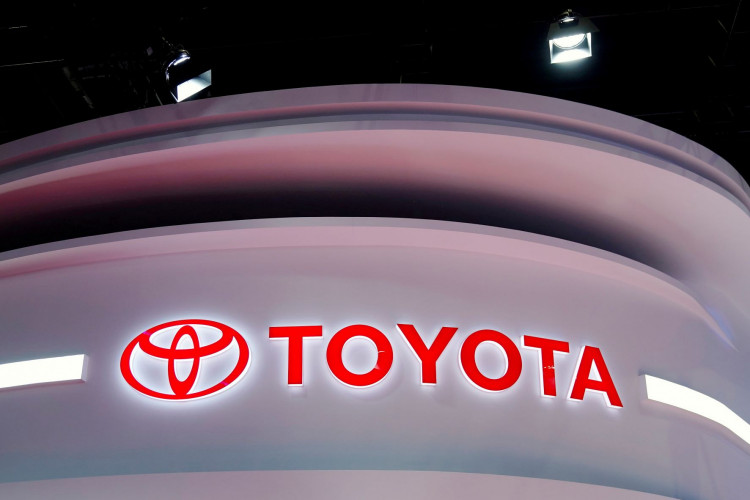Shares of Toyota Industries Corp. surged Monday following reports that Toyota Motor Corp. is exploring a potential buyout of the critical parts supplier in a deal that could be valued as high as 6 trillion yen ($42 billion).
The move, first reported by Bloomberg and later acknowledged in part by Toyota Motor in a Tokyo Stock Exchange filing, would mark a major consolidation within Japan's largest automotive group and bolster Chairman Akio Toyoda's influence across the Toyota corporate empire.
Toyota Industries shares remained untraded on Monday amid a flood of buy orders, with indications pointing to a 23% jump from Friday's close, reaching the daily upper trading limit of 16,225 yen. If realized, the increase would represent the stock's largest one-day gain in at least four decades, based on LSEG data dating back to 1984.
Toyota Motor shares also rose sharply, gaining 5.4% to 2,836 yen by mid-morning Tokyo time.
The automaker confirmed it is "exploring various possibilities, including a partial investment" in Toyota Industries but emphasized that no final decision has been made. Toyota Industries separately acknowledged receiving proposals involving a potential privatization via a special purpose company, though it denied receiving a formal offer directly from Toyoda or Toyota Motor.
Bloomberg reported that Toyoda, the grandson of Toyota's founder, would use a combination of personal investment and financing from Japanese banks to fund the buyout. The 6 trillion yen proposal represents a 40% premium over Toyota Industries' market capitalization at Friday's close.
Founded in 1926 as Toyoda Automatic Loom Works by Sakichi Toyoda, Toyota Industries remains a cornerstone of the broader Toyota Group. The company manufactures a range of products including forklifts, air-conditioning compressors, vehicle engines, and even the RAV4 SUV for Toyota Motor.
Cross-shareholdings between Toyota Motor and Toyota Industries are significant. Toyota Motor owns about 24% of Toyota Industries, while Toyota Industries holds a 9.1% stake in the automaker and more than 5% of Denso Corp., another major supplier.
Analysts at Bernstein recently highlighted that a divestiture or restructuring of Toyota Industries' cross-shareholdings could serve as a major catalyst for its share price. In an April 23 report, they noted that privatizing Toyota Industries could allow Toyota Motor to reclaim strategic assets like the high-growth materials handling business at minimal cost.
The potential deal comes amid broader changes in Japan's corporate governance landscape, where companies are facing increasing pressure from investors and regulators to unwind long-standing cross-shareholding practices in favor of improved returns and transparency.






